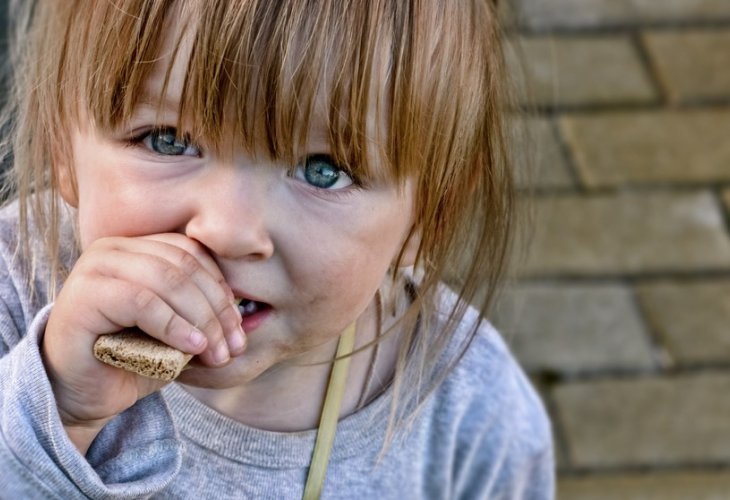Opened Her Home to Many: Meet Lydia Maselati, Foster Mother to 20 Children
"All 26 are my children," says Maselati lovingly. "True, only six are my biological children, but for me, the twenty foster children I've raised over the years are also entirely mine."
 (Illustration: shutterstock)
(Illustration: shutterstock)Yehudit Ramot (59) is a retired literature teacher, residing in Moshav Shapira. When she saw an advertisement for a "Community Documenting" course at the Shafir Regional Council, she knew she had to join. "The 'Community Documenting' course trains people to become biographers for those around them," she explains. "There's a very human aspect that appeals to me, a sense of curiosity, and the ability to delve into a person's life, to write a story of someone you can identify with and through their deeds, learn about yourself too during this process." As part of the course, Ramot was trained as a biographer to tell the fascinating story of Lydia Maselati.
In an interview given by the two to mynet, they discuss Maselati's life. Dozens of photos of children hang on the dining room wall of her home, which she points to lovingly: "These are my children," she says, "all twenty-six of them..."
"True, only six of them are my biological children, but for me, the twenty foster children I've raised over the years are also mine," Maselati shares, describing Ami, the first foster child she raised in Ashkelon in a home that opened its doors wide for 20 children not born there.
"We got Ami more than 40 years ago," Maselati recounts, "I already had four children of my own by then. A relative of mine, whom I also raised as my daughter, thought it would be wonderful to add another child to the family who hadn't had the same luck as my kids. So, I consulted with Amos, my husband, and one day traveled from Ashkelon to Jerusalem to bring a child to our home. I remember being introduced to Ami, who was four at the time, and he immediately bonded with me, and I spent the entire day with him. In the evening, the director approached me and said it was time to say goodbye. She asked me to part with him, then return two more times to visit, and from there we would continue."
At this point, Maselati takes a deep breath and continues the story as if describing events from yesterday: "The separation was impossible. I told her I didn't think I could come again because I couldn't leave my children at home and make the long journey. I told her I had already decided I wanted this child. Then the director explained the foster care procedures to me again—that I needed to visit three to four times to allow the child to adjust to their new foster mother. Although I was disappointed by the response, I reluctantly tried to say goodbye to Ami. He cried, grasped my skirt, and wouldn't let me go. The director, standing opposite, couldn't bear the heartbreaking sight of the child, and then she turned to me and said, 'Wait a moment... okay, take the child with you.'"
The journey of children arriving at the Maselati home in Ashkelon, where they lived for several years, continues, along with the unbelievable stories of each one: the story of baby Yafit, who arrived after being born to a very young mother who couldn't raise her; the story of Sara'le, diagnosed with autism, whom Maselati managed to communicate with uniquely, to the surprise of her biological mother; and of course, the story of Shai and Lior—brothers aged two and a half and four years, who were ultimately put up for adoption after spending years in the Maselati home, severing ties with them. "I miss them and dream of the day they knock on my door," Maselati says, tearing up.
Lydia Maselati's extraordinary life story, as mentioned, has been penned by Yehudit Ramot as a biography, soon to be published as "Lives of Faith and Fostering," one of 15 books expected to be released as part of this unique project.

